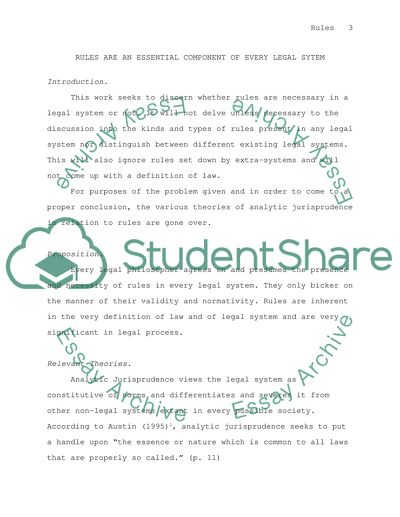Cite this document
(“Rules and Legal System Essay Example | Topics and Well Written Essays - 2500 words”, n.d.)
Rules and Legal System Essay Example | Topics and Well Written Essays - 2500 words. Retrieved from https://studentshare.org/law/1511303-rules-and-legal-system
Rules and Legal System Essay Example | Topics and Well Written Essays - 2500 words. Retrieved from https://studentshare.org/law/1511303-rules-and-legal-system
(Rules and Legal System Essay Example | Topics and Well Written Essays - 2500 Words)
Rules and Legal System Essay Example | Topics and Well Written Essays - 2500 Words. https://studentshare.org/law/1511303-rules-and-legal-system.
Rules and Legal System Essay Example | Topics and Well Written Essays - 2500 Words. https://studentshare.org/law/1511303-rules-and-legal-system.
“Rules and Legal System Essay Example | Topics and Well Written Essays - 2500 Words”, n.d. https://studentshare.org/law/1511303-rules-and-legal-system.


